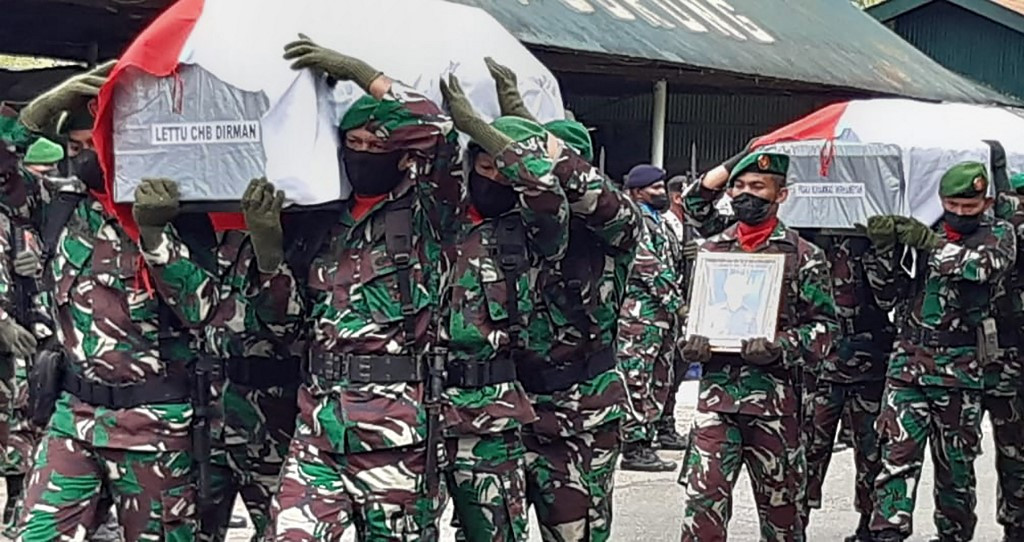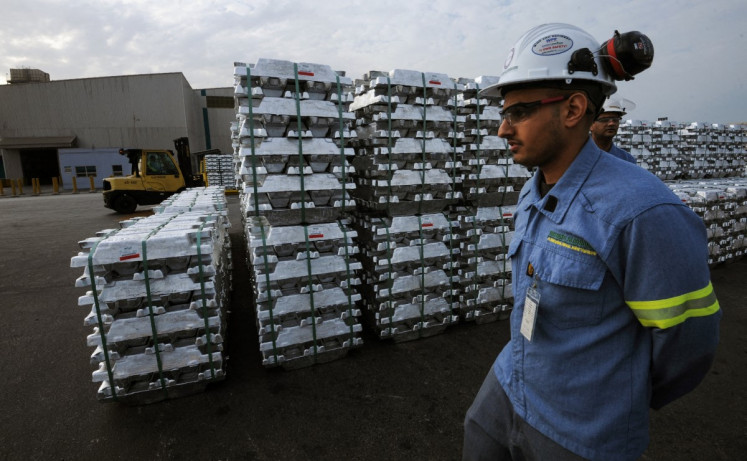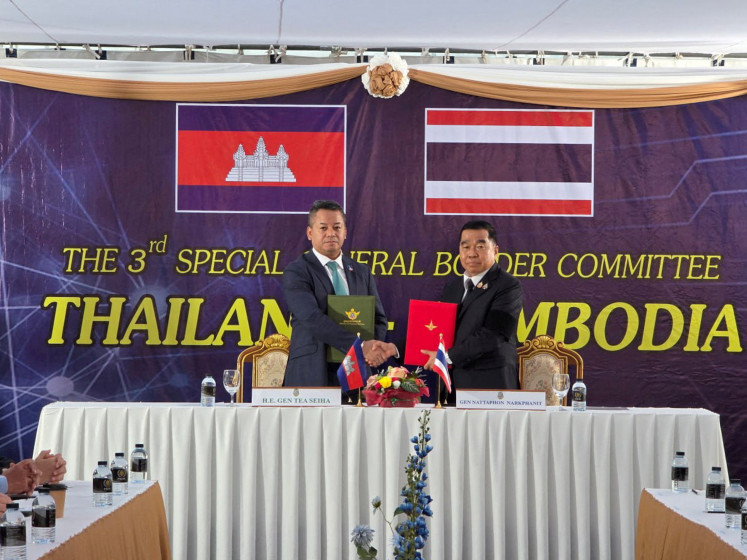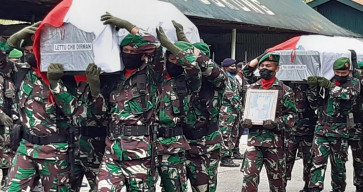Popular Reads
Top Results
Can't find what you're looking for?
View all search resultsPopular Reads
Top Results
Can't find what you're looking for?
View all search resultsSimplifying the complexity of Papuan conflict could be fatal
Conflict-resolution mechanisms are seemingly about restoring order by sending more troops to the country’s easternmost territory with the ultimate mission of capturing members of armed criminal groups.
Change text size
Gift Premium Articles
to Anyone
O
ne set of actions alone cannot solve the crisis in Papua, whether it manifests itself in conflict or socio-economic deprivation. There is a need to initiate intervention to overcome conflict and promote development and peace as one integrated action. This is the underlying meaning of nexus, defined as a series of connections linking two or more things, persons or events in the same way.
However, in such a case, the government tends to undermine the nexus necessary to solve the complexity of Papua. Ironically, the complexity of Papua can be dealt with by means of simplification.
Despite its controversy, the government finally extended the implementation of special autonomy for another 19 years (2022-2041) through Law No. 2/2021. Through this, it is clear that economic development is seen as an ultimate panacea to solve the complexity of Papua. Articles in the new Special Autonomy Law mandate economic development and investment, besides regulating other essential issues such as Papuan political and cultural representation. It is basically “economic determination” heavy, which emphasizes the development aspect of the nexus.
More funds will be transferred to increase education, health services and indigenous people's economic empowerment in Papua and West Papua, according to the new law. With these increased funds, attention will be directed to improved public services, improving the welfare of indigenous Papuan and infrastructure development. This law also regulates the regional expansion mechanism, which is again intended to enhance economic growth and public services in Papua.
The developmental approach in Papua through Special Autonomy first enacted in 2021 confirmed the government's standing that the alarming issues in Papua, including conflict, is all about economic (mal)-development that should be corrected. Thus, it is assumed that conflict will subside when economic development is achieved, and peace will be manifest.
This by no means simplifies the complexity of the issues in Papua. Despite serious efforts to promote development, there is minimal effort to develop mechanisms to de-escalate conflict and promote peace.
Conflict-resolution mechanisms are seemingly about restoring order by sending more troops to the country’s easternmost territory with the ultimate mission of capturing members of armed criminal groups. There are, however, still no signs of a de-escalation of the conflict that has claimed lives among the security forces, armed criminal groups and civilians. Late last month three soldiers were killed in a gunfight in the highland regency of Puncak.



















